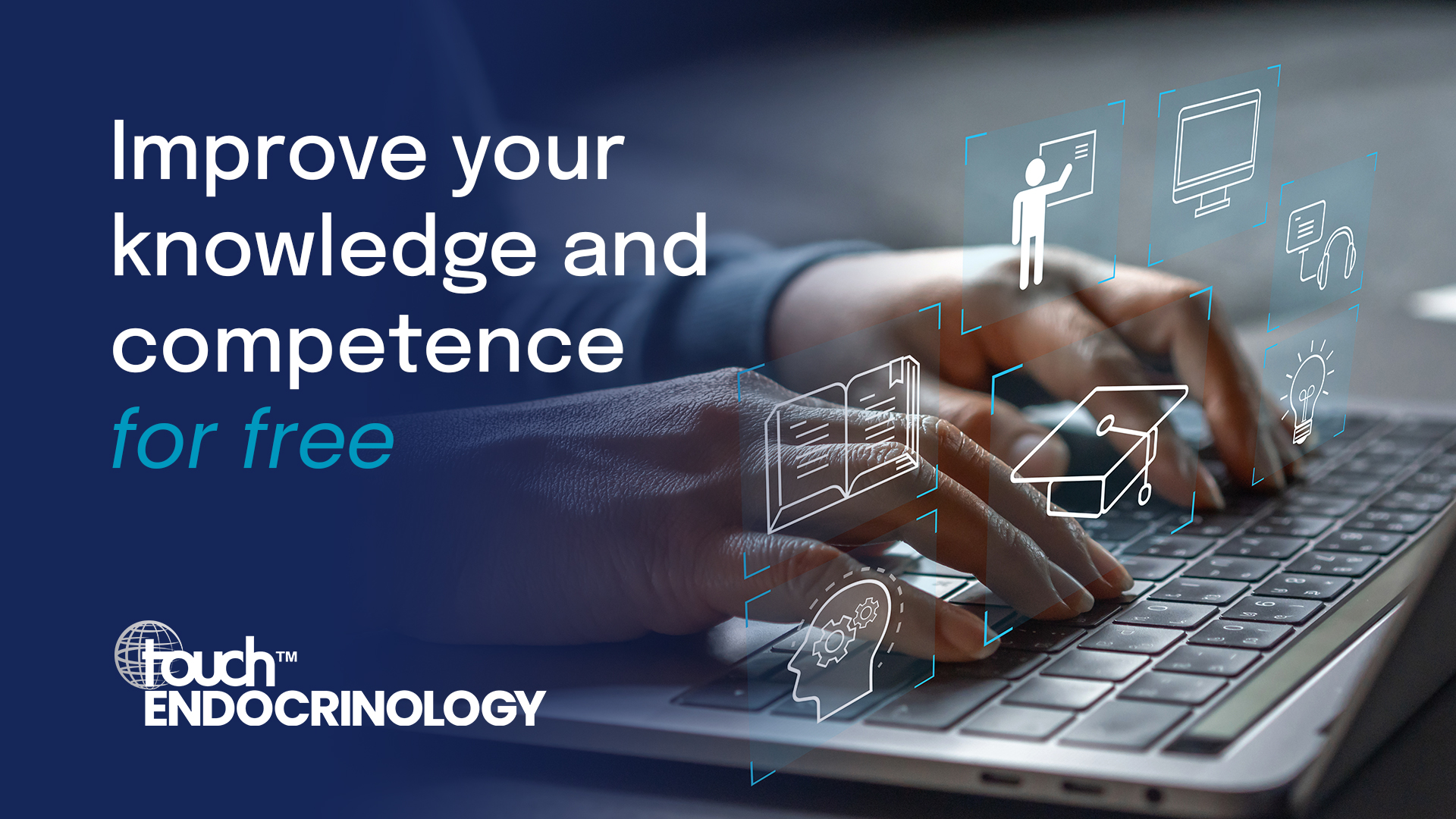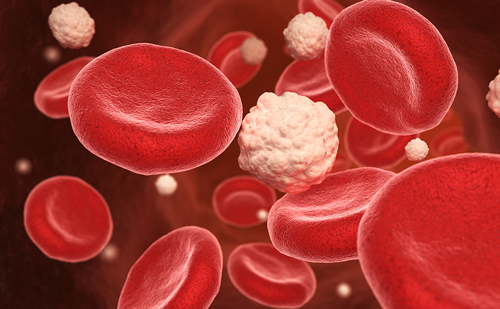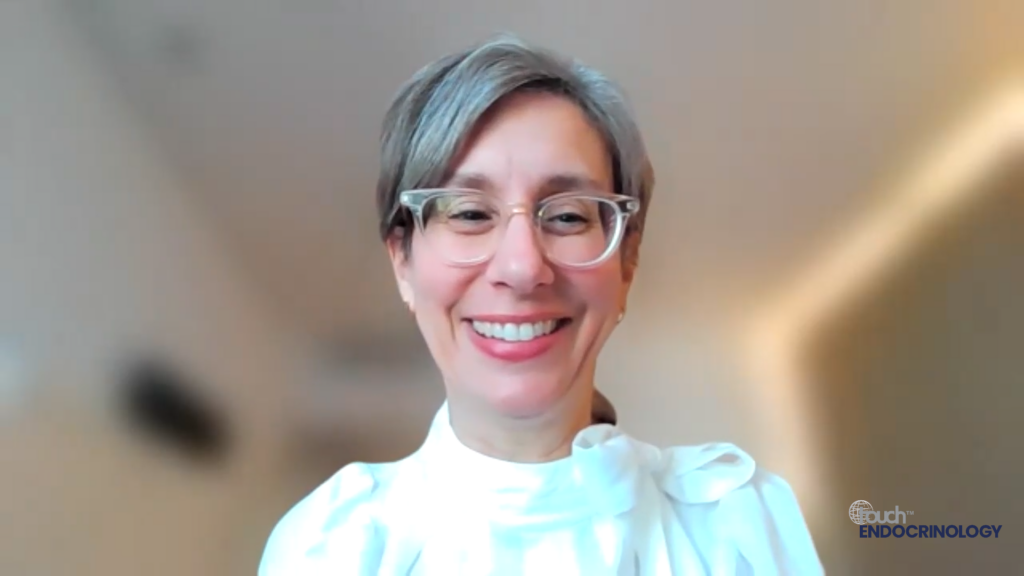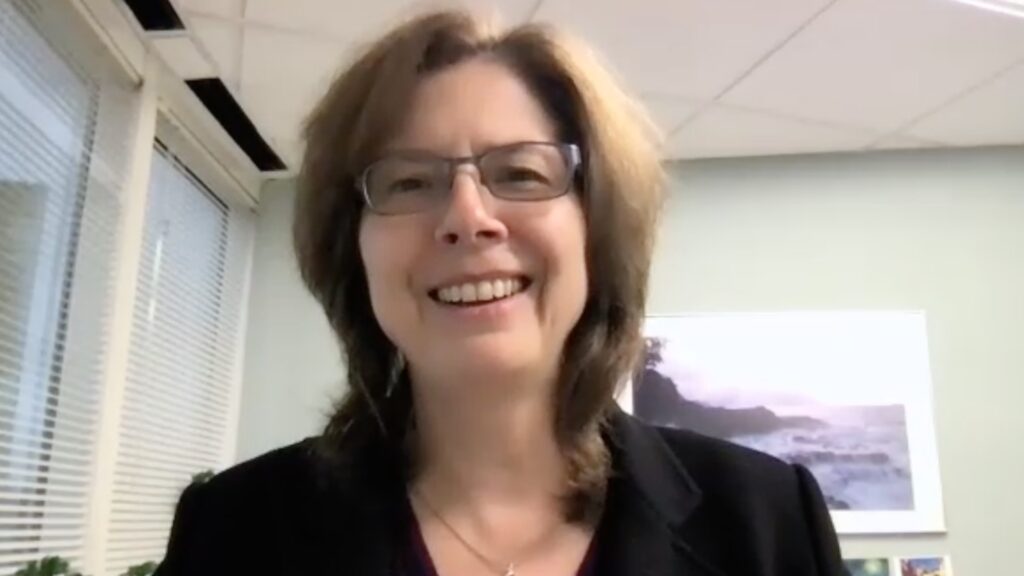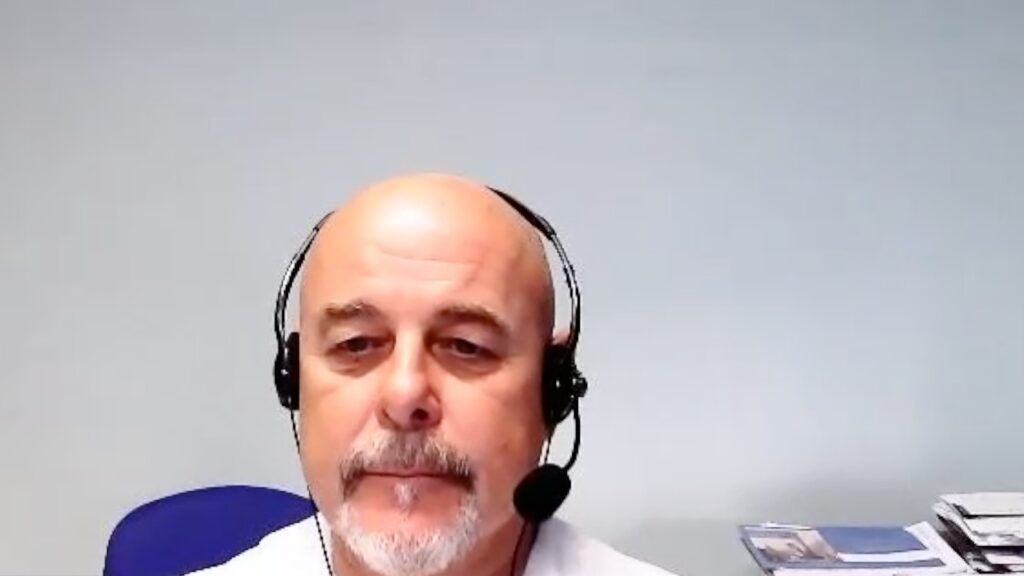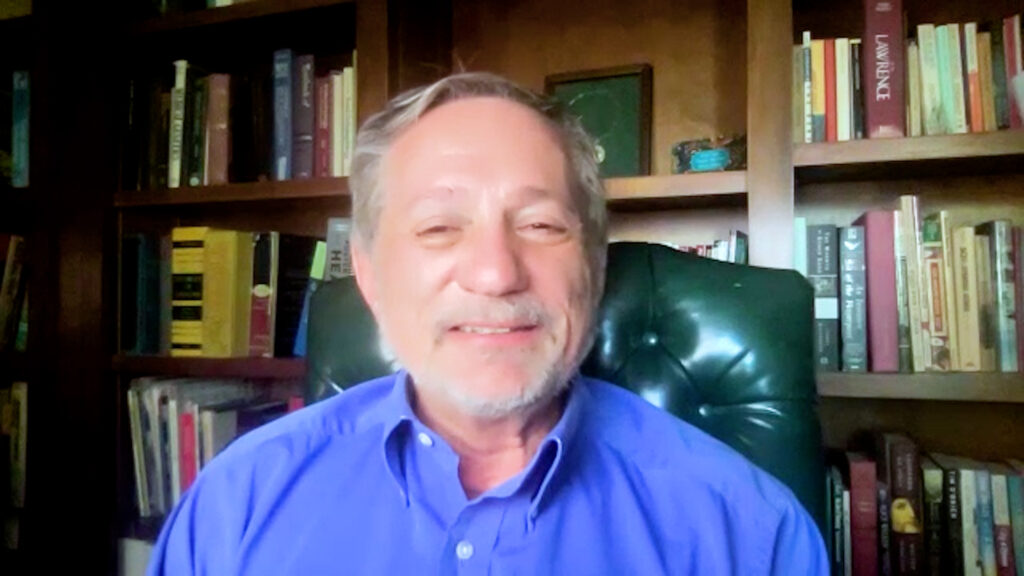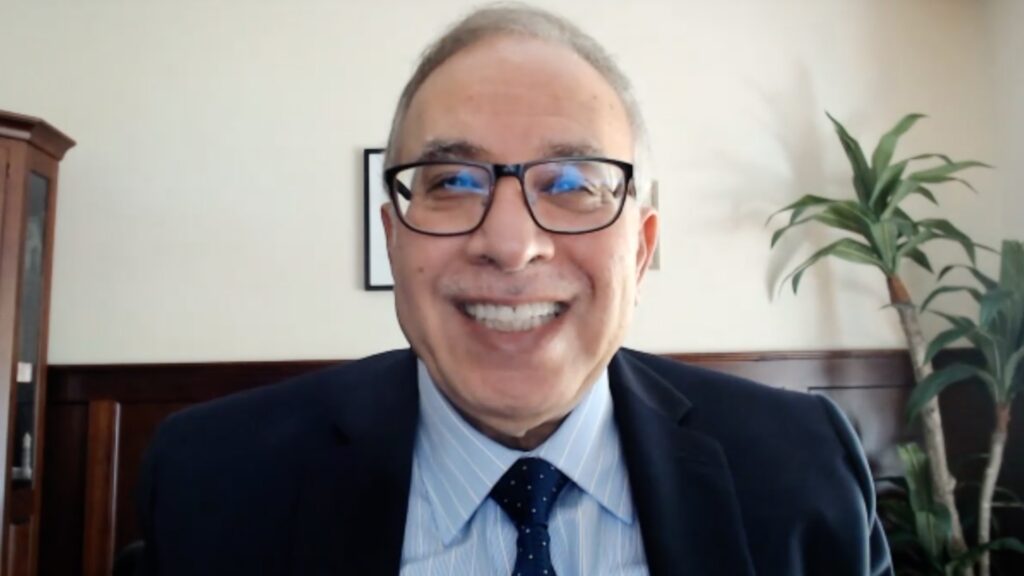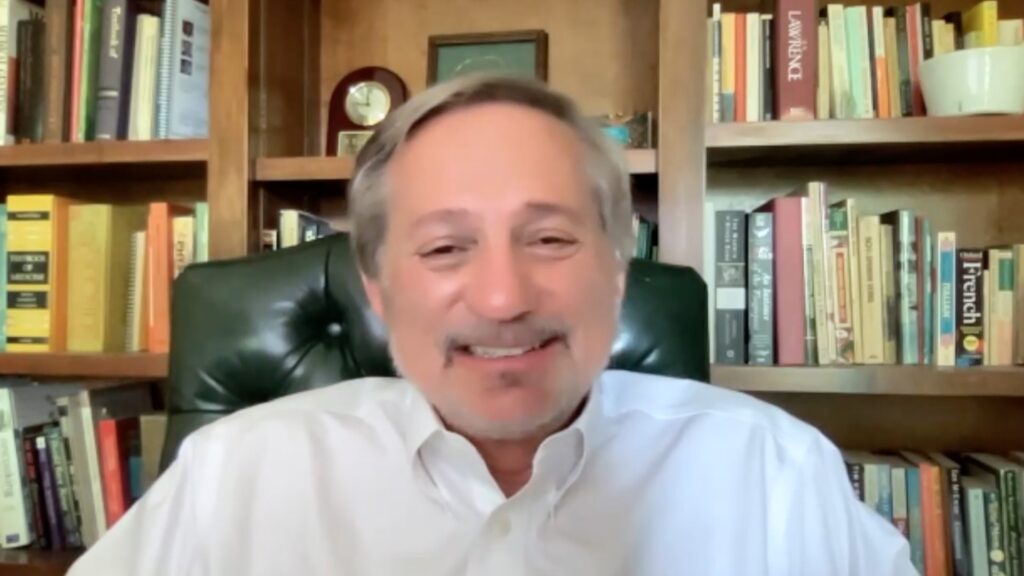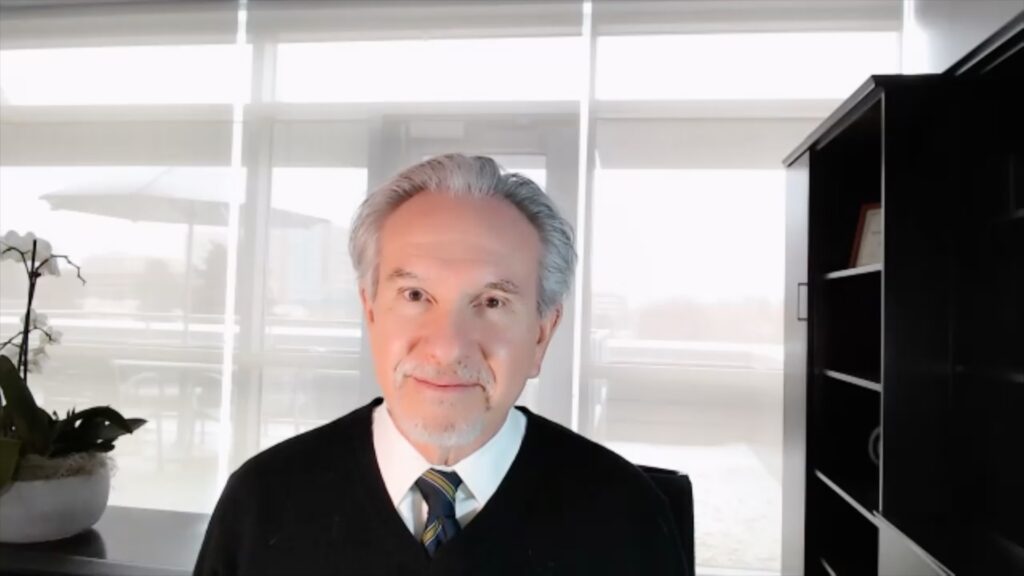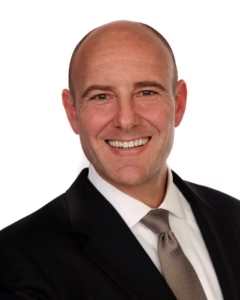 As we continue advancing the field of endocrinology, I’m excited to spotlight the impactful work being done by the American Association of Clinical Endocrinology (AACE). Our mission is to elevate the practice of clinical endocrinology to improve global health. As a global, inclusive community of endocrine-focused professionals and stakeholders, we provide valuable educational opportunities for endocrinologists and the entire endocrine care team.
As we continue advancing the field of endocrinology, I’m excited to spotlight the impactful work being done by the American Association of Clinical Endocrinology (AACE). Our mission is to elevate the practice of clinical endocrinology to improve global health. As a global, inclusive community of endocrine-focused professionals and stakeholders, we provide valuable educational opportunities for endocrinologists and the entire endocrine care team.
Below are key opportunities to enhance your practice, expand your medical knowledge, and strengthen your patient care.
2025 AACE Annual Meeting in Orlando, FL from May 15–17
Our AACE Annual Meeting, set for May 15–17 in Orlando, FL, will focus on the theme: Endocrine Innovation & Obesity Breakthroughs. This year’s meeting will highlight clinically relevant research, practical therapeutic strategies, and significant advances in endocrinology and obesity management. The event will explore the latest diagnostic and treatment modalities applicable to daily practice.
Key Highlights Include:
- Keynote Speaker: Dr. Daniel Drucker, a renowned endocrinologist from the University of Toronto, has revolutionized the field of incretin biology, particularly focusing on GLP-1 and GIP hormones. His groundbreaking research has not only transformed our understanding of these gut hormones but also led to significant therapeutic advancements in treating diabetes, obesity, and cardiovascular diseases, exemplifying the power of translating scientific discoveries into clinical applications.
- Thyroid Ultrasound & Diabetes Technology Skills Workshops: Hands-on training to enhance clinical expertise.
- NEW Medical Student Day: Medical students will have the opportunity to attend our Annual Meeting, meet with AACE leaders and fellows, and ask questions about career paths, future opportunities, and how to be competitive as they approach their residency application process.
- NEW AACE Global Forum: Participate in multiple educational sessions focused on practical, clinical endocrinology topics impacting global health.
- NEW MASH/MASLD Session: Focused on innovative strategies for identifying and managing patients at risk for Metabolic Dysfunction-Associated Steatotic Liver Disease (MASLD) and Metabolic Dysfunction-Associated Steatohepatitis (MASH), with an emphasis on reducing associated complications.
- Awards Ceremony, FACE Convocation, and Reception: Celebrating our community’s achievements in endocrinology.
- President’s Party and Networking Opportunities: Enjoy various networking events to connect with peers worldwide, share perspectives, and forge lasting connections.
I am especially excited about this year’s Plenary Talks, where esteemed experts will share groundbreaking insights into key advancements in endocrinology.
Plenary Talks:
- Hossein Gharib, MD, MACP, MACE Educational Lectureship: Dr. Jacqueline Jonklaas will present, The Bidirectional Relationship Between the Thyroid and Weight.
- Kahn-Tan-Faiman Frontiers in Science and Endocrinology Plenary: Dr. Bess Dawson-Hughes will present, Update, Vitamin D and Calcium for Musculoskeletal Health in Older Adults.
- Alan J. Garber, MD, PhD, MACE, Lectureship for the Prevention and Management of the Complications of Diabetes: Dr. Anne L. Peters will present, State-of-the-Art Diabetes Care – How to Get There for All of Our Patients.
I hope you join us in Orlando. Visit aace.com/2025 to learn more!
New Clinical Guidance Documents
In line with our commitment to advancing clinical endocrinology, AACE continues to develop evidence-based guidance that supports both providers and patients. Our 2025 Clinical Practice Guideline for the Pharmacologic Management of Adults with Dyslipidemia is the first to use the GRADE framework and offers multidisciplinary recommendations on cardiovascular risk assessment, emerging therapies, and patient-centered treatment goals.
To complement our dyslipidemia guideline, we’ve developed a concise, patient-friendly summary. This resource empowers patients with clear information on lipid management and cardiovascular risk reduction, facilitating informed discussions with healthcare providers. By enhancing shared decision-making, we’re ensuring patients can actively participate in their care, aligning with our commitment to improve both medical knowledge and health outcomes.
In addition, another multidisciplinary task force has completed the 2025 Consensus Statement on Management of Multiple Endocrine Neoplasia, Type 1.
Both of these clinical guidance documents will be discussed in-depth during expert-led sessions at our upcoming Annual Meeting.
ACCR Rebranding to AACE Endocrinology and Diabetes
I’m also excited to share a significant milestone in AACE’s ongoing commitment to advancing endocrinology research. AACE Clinical Case Reports (ACCR) has rebranded and expanded into AACE Endocrinology and Diabetes, an Open Access journal that will now include original clinical and translational research, reviews, case reports, and visual content.
This transformation will enhance the journal’s scientific impact and broaden its reach, creating more opportunities for global authors to share their research. Additional details, including updated submission guidelines for the reimagined journal, will be available soon on our AACE website.
AACE Certificates: Expanding Education for Endocrinologist and Endocrine Care Teams
As we expand opportunities for research and publication, we remain equally committed to equipping endocrinologists and their entire endocrine care team with the skills and knowledge needed to improve patient outcomes. Our AACE certificate programs continue to grow, offering essential training across various aspects of endocrine care.
Recently we also launched our Inpatient Diabetes Certificate, providing comprehensive education in hyperglycemia management across the full continuum of care—from intake to hospitalization to discharge.
As we continue to expand our specialized education offerings, I encourage you to share these online certificate programs with your practice:
Coming soon:
- Dyslipidemia and Lipids Management Certificate
- Bone and Osteoporosis Certificate
In addition to our certificate programs, we are also developing two advanced hands-on certificates:
- Hands-On Diabetes Technologies and Skills Certificate program aims to equip endocrinologists and care team members with comprehensive knowledge and practical expertise in the latest diabetes management technologies.
- Hands-On Thyroid Nodules and Function Testing Certificate aims to provide endocrinologists and their care team members with advanced, comprehensive training in the latest diagnostic and management strategies for thyroid conditions. This program will enhance their ability to accurately assess, diagnose, and treat patients with thyroid nodules and dysfunctions, thereby improving patient outcomes and optimizing care delivery.
More details about our hands-on certificates will be coming soon.
Topical Interest Groups: AI & Environmental Endocrinology
With our expanding global presence and collaborative efforts, we are moving our AACE Community online platform to Facebook, so it can serve as a dynamic space for members to connect, engage in discussions, and explore the latest advancements in clinical endocrinology.
Our two specialized Topical Interest Groups: Artificial Intelligence (AI) & Clinical Endocrinology Community and Environmental Endocrinology Community, are designed for members to collaborate, share experiences, and engage in discussions on emerging trends in endocrinology. AACE members can share their insights by joining the conversation on Facebook when our groups open on May 15. If you are not yet a member, learn how to join at aace.com/join.
Patient Resources
Alongside our educational programs, I am committed to reinforcing AACE’s role as the trusted source of endocrine health information for patients and the public. Our website offers a wide range of reliable resources, including in-depth patient journeys on thyroid disease, obesity, and diabetes technology, as well as patient guides on growth hormone deficiency, and Cushing’s syndrome. All our patient resources are based on the latest clinical guidance documents and have been reviewed by patient advocacy groups to ensure the information is accurate, easy to understand, and supportive of patients and their caregivers.
Connect with AACE
We value our partnership with touchENDOCRINOLOGY and look forward to continuing our collaborative efforts to advance endocrine care together. For further information, please visit our website at pro.aace.com, subscribe to our e-newsletters, and/or follow us on social media via @theaace.
Together, We Are AACE!
Sincerely,
Scott D. Isaacs, MD, FACP, FACE
AACE President
About Dr. Scott Isaacs
Dr. Scott Isaacs is a board-certified endocrinologist in Atlanta, Georgia. He is Adjunct Assistant Professor of Medicine at Emory University and President of the American Association of Clinical Endocrinology (AACE). His practice focuses on diabetes, obesity medicine, steatotic liver disease, cardiometabolic disease, and general endocrinology. Dr. Isaacs attended medical school at Emory University and continued for residency and fellowship in endocrinology. He is a diplomate of the American Board of Obesity Medicine and the American College of Physicians. He is a two-time past president of the Georgia Chapter of the American Association of Clinical Endocrinologists and is a past president of the Atlanta Chapter of the American Diabetes Association. He is the co-chair of the AACE NAFLD Clinical Practice Guidelines cosponsored by the AASLD and an author of the AACE Diabetes Algorithm. Dr. Isaacs has given more than 500 lectures, grand rounds and CME programs and serves on planning committees and for national meetings. He has published research in peer-reviewed journals, and has authored patient education materials, several best-selling books and has an active following on social media. He has appeared in the New York Times, CBS News, Wall Street Journal, and NPR.
Disclosure: This short article was provided by the American Association of Clinical Endocrinology (AACE). No funding or publication fees were involved in the publication of this article.
SIGN UP to touchENDOCRINOLOGY!
Join our global community today for access to thousands of peer-reviewed articles, expert insights, and learn-on-the-go education across 150+ specialties, plus concise email updates and newsletters so you never miss out.

